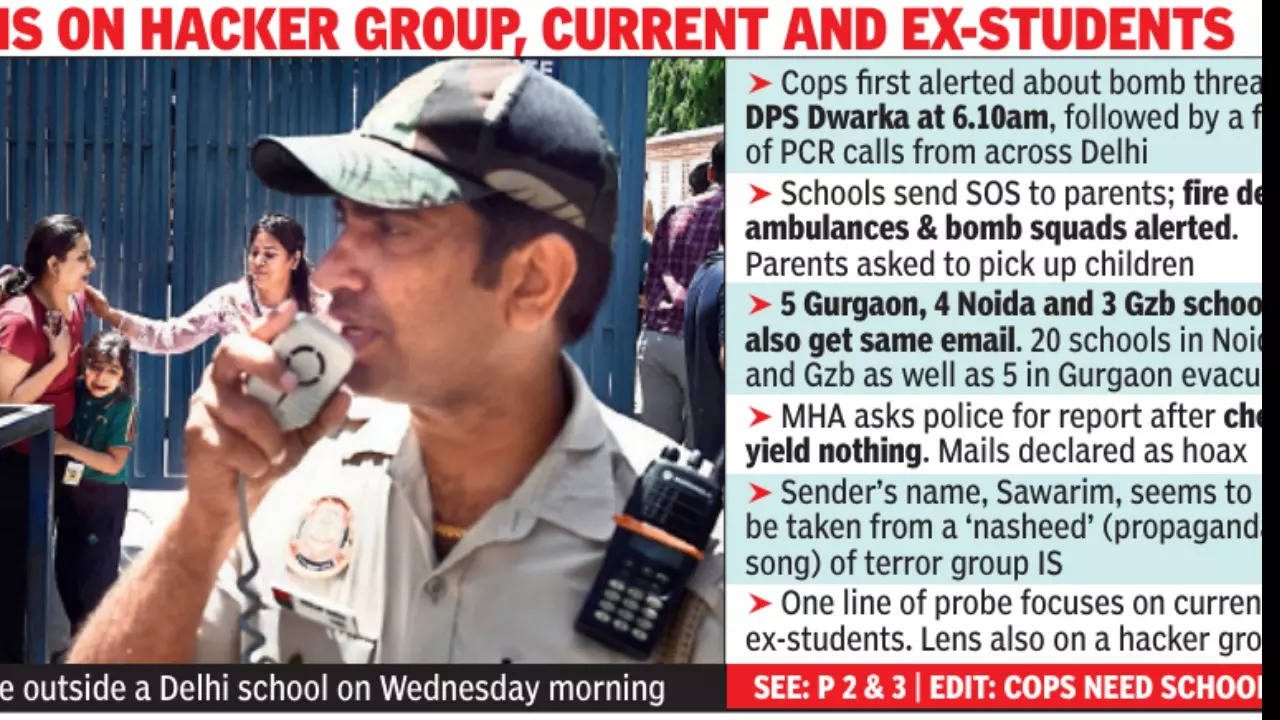Students, parents, and school administrators were all in a tizzy over the emails, and the police and fire services received a barrage of calls from the institutions. After a quick evacuation of the campuses and a thorough check of the area, nothing unusual was discovered.
The incident has shown the extreme brazenness and skill of cybercriminals, who are leveraging the dark web—encrypted content accessible online that enables users to conceal their location and identity—for their evil intent.

Source: Money Haat
It is believed that elements from outside of India are responsible for the scam. The fake news and misleading messages that are spreading on WhatsApp have made things more challenging for the authorities, even as an investigation is ongoing. Residents are advised by the police to be cautious when it comes to rumours and false information.
In less than a month, there have been two instances of this kind. Early in April, emails threatening bombs were sent to more than 20 schools in Kolkata. The senders had declared a “bloodbath” and stated that bombs had been planted in classrooms at many schools, ready to go off in the early hours of the morning.
It turned out that the warning was also a scam.Threatening emails sent earlier this week to multiple airports around the nation amply demonstrate the strategy being followed to incite chaos on a national scale. In order to identify the miscreants, security authorities and cybercrime units must closely coordinate and investigate each case in detail while India is holding a general election. Everyone must, however, maintain composure and stop mindlessly forwarding content on social media. Above all, the electoral process must not be obstructed by criminal groups in any manner.
What do you think about this? Comment below.

